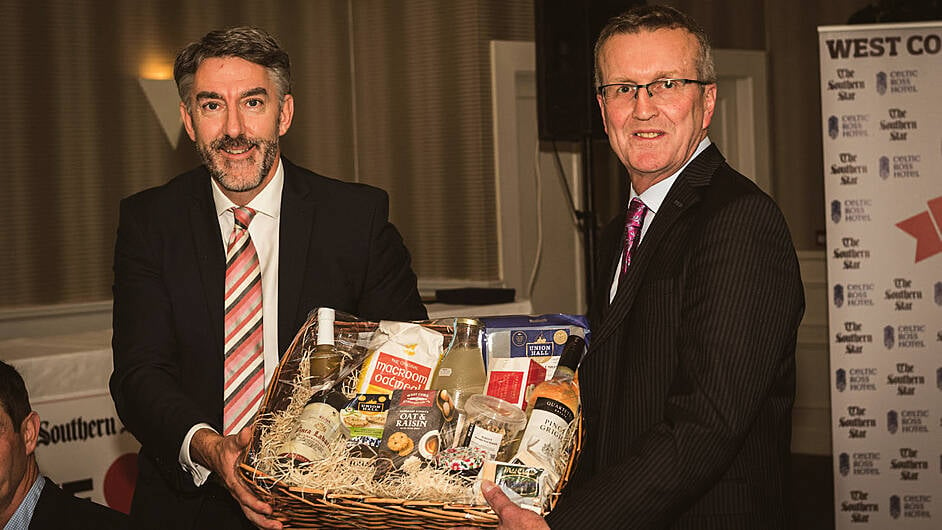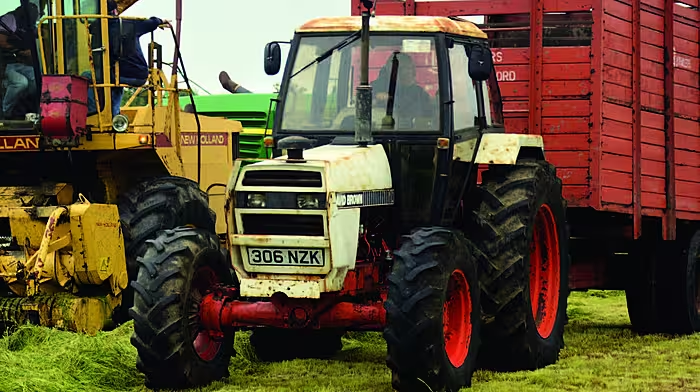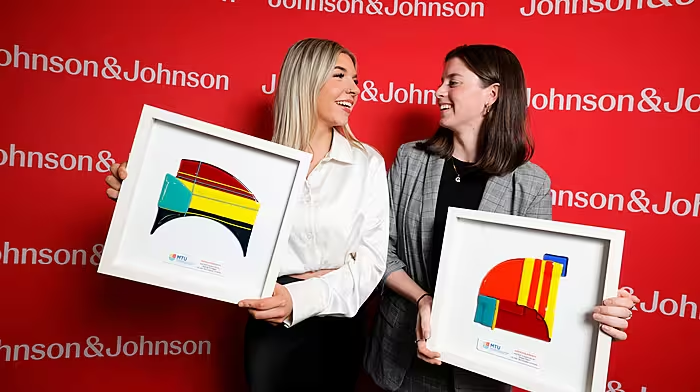THERE will always be excellent opportunities for primary producers, but it’s crucial that the agri-sector continues working with science.
That’s the viewpoint of IFA president Tim Cullinan, who was speaking at The Southern Star West Cork Farming Awards.
Regarding the challenges facing the sector to reach climate emissions cuts of 25%, Mr Cullinan said he’d be the first to say it’s going ‘to be a huge challenge.’
But as part of the Food Vision Dairy Group, he said there are currently ‘lots of proposals on the table’ to get there.
When asked if the IFA would pursue a financial incentive package to exit dairying, given the government’s mixed messages on the reduction of the national herd, he said: ‘Our position is always to protect the farming family structure which is very important.
‘That’s our responsibility. All other options would have to be looked at first and such a move would only be a last resort,’ he said.
‘Let’s see what the other sectors are doing first to cut emissions and let’s also work with science,’ he said, pointing to the methane-reducing research at the Bantry marine research centre.
If science fails to deliver, then such a measure, similar perhaps to the marine industry’s tie-up scheme, could be considered. ‘But our clear position is if the government want a reduction, they’ll have to pay for it,’ he stressed.
The agri-sector, he said, had been working towards achieving a 22% cut in emissions, or 5.7 mega tonnes. ‘Use of LESS, more use of clover, multi-species grasses, earlier slaughter – all of those will get us in the region of 3.5 or 4 mega tonnes.
‘Like everything in life it’s getting up the last part of the hill that will be the challenging part,’ he said.
'Trials need to continue, they need to be peer approved, accepted by the EPA and then accepted onto a score board so farmers can get allowances for the work they’re doing, Mr Cullinan said.







